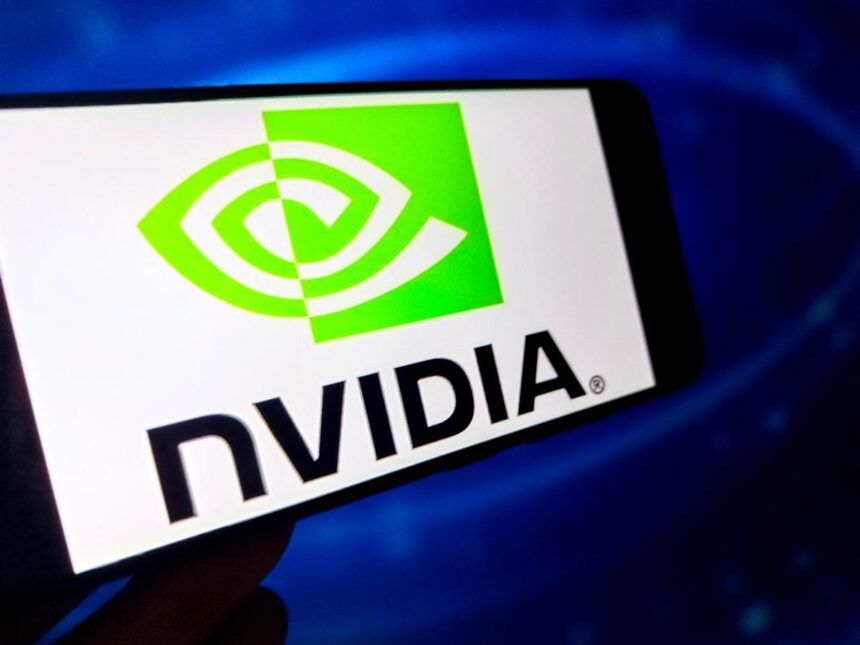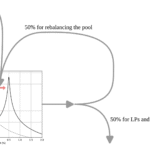Nvidia shares experienced a nearly 3% decline on Wednesday in response to a Financial Times report indicating that Chinese regulators have prohibited local tech companies from acquiring specific chips manufactured by the American semiconductor giant. The Cyberspace Administration of China has instructed firms, including major players like ByteDance and Alibaba, to cease testing and ordering the RTX Pro 6000D, citing sources familiar with the situation.
This news arrives just ahead of a scheduled call between President Trump and China’s Xi Jinping, aimed at discussing ongoing trade issues. Semiconductor technology has emerged as a significant point of contention in the escalating trade rivalry between the two nations.
Felix Wang, an analyst at Hedgeye Risk Management, commented on the matter, emphasizing that this decision illustrates Beijing’s determination to reduce reliance on U.S. semiconductors. With increasing competition in the AI sector, the Chinese government is promoting the use of domestic chips and tools.
Nvidia’s CEO, Jensen Huang, has frequently highlighted the importance of the Chinese AI market, which he predicts to be a burgeoning $50 billion opportunity. Earlier this summer, he lobbied the Trump administration to lift a U.S. export ban on the company’s lower-power H20 chips to China. This suggested deal would include Nvidia sharing a portion of its revenue from those sales with the U.S. government, a move analysts recognized could prompt Chinese firms to favor local chip suppliers instead of effectively sending profits to the U.S.
During a recent briefing in London, Huang discussed Nvidia’s efforts to develop a less-powerful version of its latest Blackwell chips tailored for the Chinese market. He expressed disappointment with the current situation, acknowledging the broader geopolitical challenges between China and the United States. “I think that we could only be in service of a market if the country wants us to be,” Huang remarked.
In parallel, Chinese chip manufacturers are actively working to address the void left by the decision. Reports from The Wall Street Journal in late August noted that Alibaba is in the process of testing a new chip designed for AI inferencing, with various Chinese companies developing alternatives to Nvidia’s H20 China chip.
Analysts have also pointed to a notable acceleration in Chinese AI cloud spending. Jefferies analyst Edison Lee highlighted that capital expenditures from China’s leading cloud service providers—Tencent, Alibaba, and Baidu, along with ByteDance—are rapidly approaching those of their U.S. counterparts. This shift suggests a significant evolution in China’s tech landscape as it seeks to bolster its position in the competitive field of AI.







